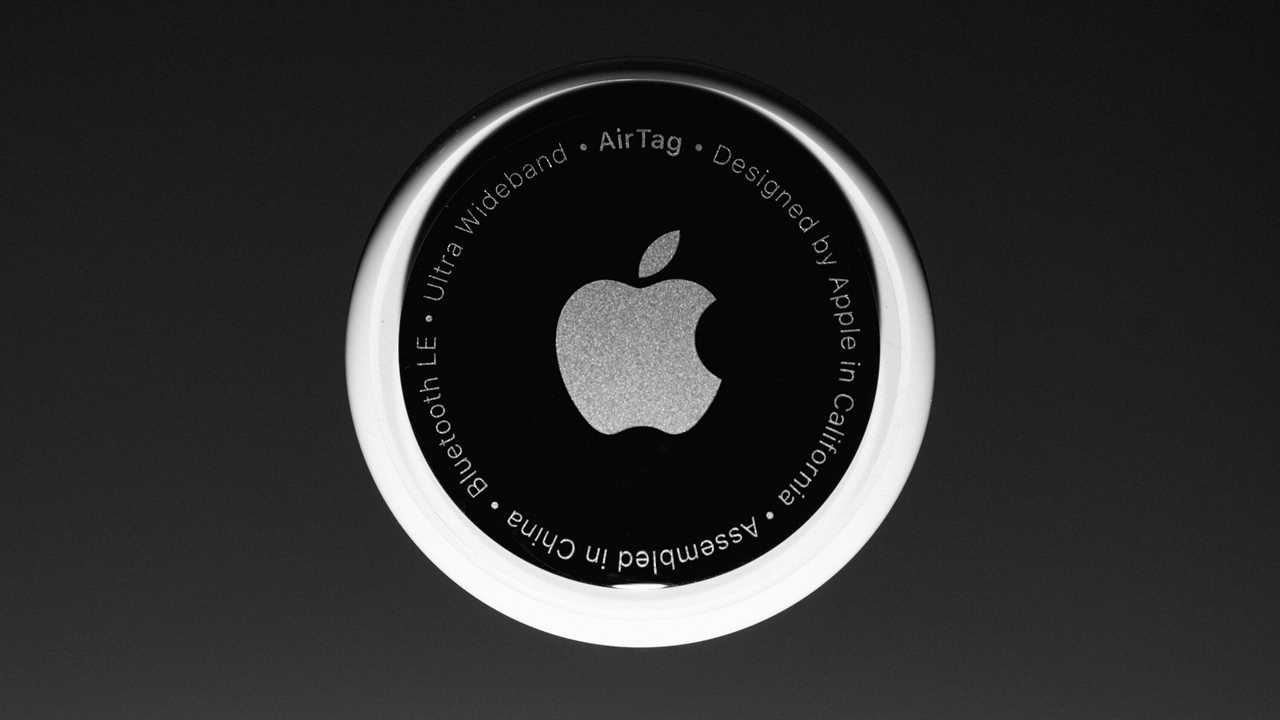
Apple said on Thursday that it would make improvements to its AirTag devices to make it more difficult for people to use them to track others without their knowledge.
AirTags, tiny discs that Apple started selling for $29 last year to help people keep track of items like keys, wallets and phones, have become a headache for the company. People have said on social media and in interviews that they have found the devices hidden on their cars and belongings, leading them to fear they were being stalked.
AirTags use Bluetooth technology to ping nearby Apple devices, which then report the last known location of the AirTag to whatever device is using it to track something. Apple said some built-in features, like automatic beeping and notifying iPhones that an AirTag is nearby, could help prevent abuse, but privacy experts and those who feared they had been stalked said it was not enough because they do not easily help people who carry phones that use Google’s Android software.
Law enforcement officials have warned that the devices could be used in attempts to steal cars. And women have said they have found AirTags hidden on their cars and in their possessions, and sometimes have called the police. One woman, Ashley Estrada, recently told The New York Times that she had recently received a notification that an AirTag had been tracking her for four hours across Los Angeles, and eventually found the device lodged behind her car’s license plate. “I felt so violated,” Ms. Estrada said.
Apple’s changes, which will be introduced later this year, include the ability for someone who receives an alert that an AirTag is nearby to use their iPhone to find the AirTag through a “combination of sound, haptics and visual feedback.”
Users’ devices will display an alert when a nearby AirTag emits a sound, in case the sound cannot be heard, and people will have the option to make AirTag beeps louder so they can more easily find the tracking device. Apple said it would also improve its alert system so that iPhones tell people sooner that unknown AirTags may be traveling with them.
Eva Galperin, a cybersecurity director at the Electronic Frontier Foundation who studies so-called stalkerware, said that the changes Apple announced were “improvements” but that the company needed to take more steps to prevent abuse, such as working with Google to extend protection to Android phones.
Current fixes, such as an Android app that allows users to scan for AirTags, require people to be proactively checking rather than passively monitoring whether they are being tracked.
“AirTag was designed to help people locate their personal belongings, not to track people or another person’s property, and we condemn in the strongest possible terms any malicious use of our products,” Apple said in a news release.
Apple added that it was aware of “reports of bad actors attempting to misuse AirTag for malicious or criminal purposes.” The company said it had worked with safety groups and law enforcement officials to identify needed changes, but declined to comment beyond its statement.






